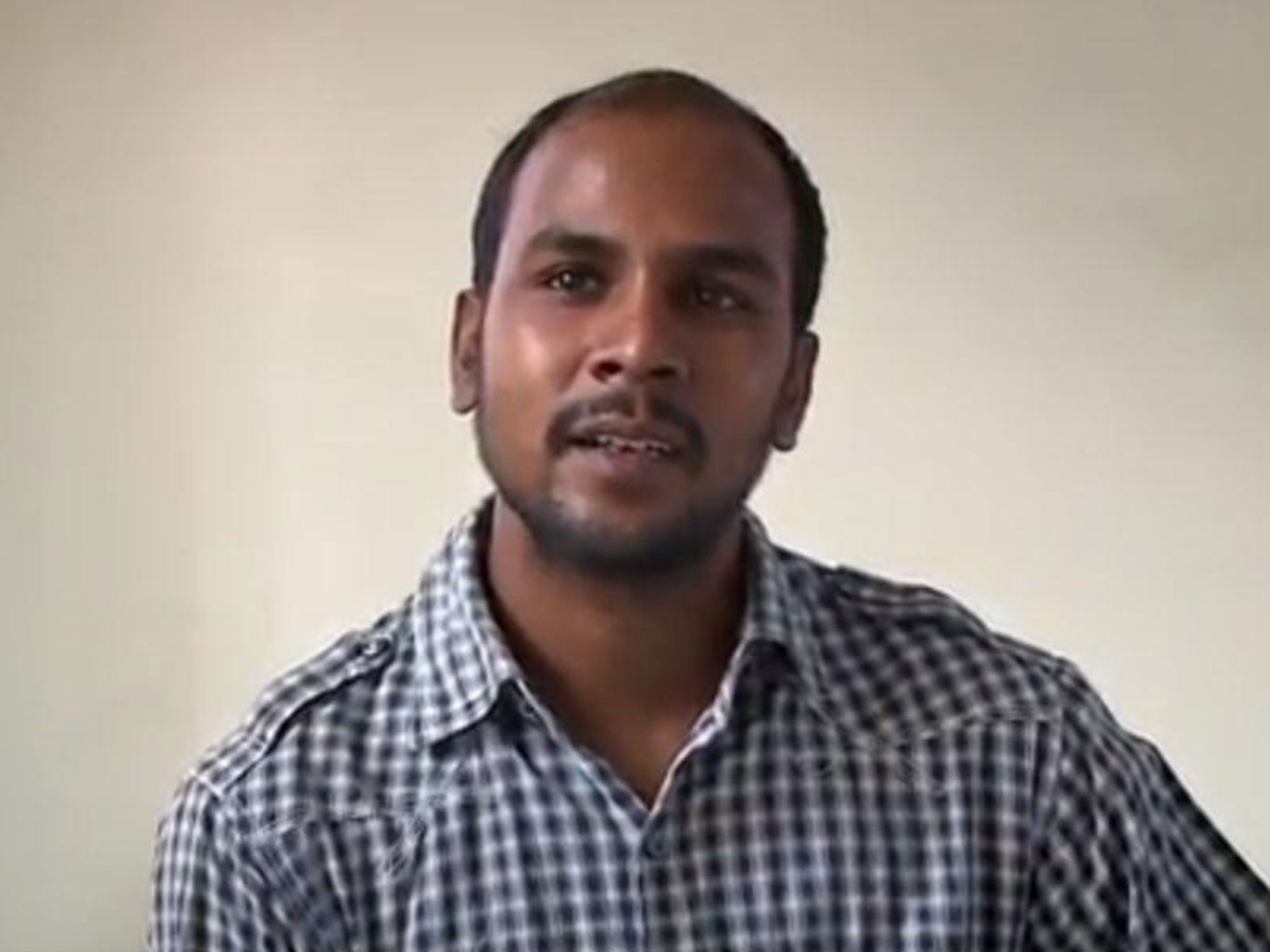Father of Delhi gang rape victim calls on people to watch 'India's Daughter'
India’s government issued a ban on broadcasting the film in the country on Tuesday

The father of the Delhi gang-rape victim has spoken out against the ban on the documentary 'India's Daughter' and urged people to watch it, saying the film "holds up a mirror to our society".
Speaking to the Calcutta Telegraph, Badri Nath Singh said: "What the documentary shows is the truth. It holds up a mirror to our society. It's not about this rapist, it is a general statement on what kind of people we create in our society.
"People in India should see this documentary and know these men," he said.
People in India have been defying their government’s ban on the film since it aired in the UK by finding, watching and sharing the film online after it was uploaded onto YouTube.
India's Daughter, which was due to be aired on International Women's Day, sparked outrage among India's government when excepts of an interview with a rapist on death row were published ahead of the film's release, leading to the banning of the film in India.
The film, commissioned by the BBC, which was due to be aired on International Women's Day, had its airing date brought forward by the broadcaster in the UK and was shown last night.
It was uploaded onto YouTube on Wednesday night and has since been watched more than 300 times.
The Indian government’s ban on the film prohibits any person from uploading or posting the film online in India, but people in the country have been quickly sharing the video through social media and urging others to watch it before it is taken down.
Many have condemned the film; TV journalist called India’s Daughter “journalism turned upside down,” and “unethical” on his show on Tuesday, the BBC reported, while author Nilanjana S Roy warned that the film posed a “very real risk of turning a rapist in to the Twitter celebrity of the day", in an article in the Guardian.
But those sharing the film on social media have called it a “must watch” and to “spread it like a virus”, while calling the government’s stance on the film “shameful”.
Leslee Udwin’s film features conversations with Mukesh Singh and other men convicted of the gang rape and torture of a 23-year-old woman on a moving bus in December 2012, who later died from her injuries.
In the film, Mukesh blames the victim for the attack, claiming that she should not have resisted and that women are more responsible than men for rape.
“A decent girl won’t roam around at nine o’clock at night. A girl is far more responsible for rape than a boy… Housework and housekeeping is for girls, not roaming in discos and bars at night doing wrong things. About 20 per cent of girls are good,” Mukesh said in the film.
After the comments were released, India’s home minister Rajnath Singh directed police to obtain a court order banning the film’s release late on Tuesday.
The police justified the ban by claiming Mukesh’s comments risked fuelling public anger, while the home minister accused the filmmakers of violating “permission conditions” by not having shown the complete unedited footage to jail officials.
Udwin told reporters that she had given jail officials a chance to sit through hours of unedited footage, but they chose not to do so, though they later approved a pared-down version.
The home minister announced on Wednesday that there would be an investigation into how the film crew were able to interview the death row convict, whose comments he called “highly derogatory and an affront to the dignity of women”.
“How was permission given to interview a rapist? It is shocking. I will get this investigated,” he said.
Udwin said she is “deeply saddened” by the Indian government’s ban on the film, and its attempts to “derail an impassioned plea for gender equality”.
Writing on NDTV, she urged the Indian prime minister Narenda Modi to “deal with this unceremonious silencing of the film.”
The article also published the official documents showing permission from India’s ministry of home affairs to interview the Delhi gang-rape convicts, and the written consent from Mukesh Singh to be interviewed for the documentary.
Additional reporting by Reuters
Subscribe to Independent Premium to bookmark this article
Want to bookmark your favourite articles and stories to read or reference later? Start your Independent Premium subscription today.

Join our commenting forum
Join thought-provoking conversations, follow other Independent readers and see their replies